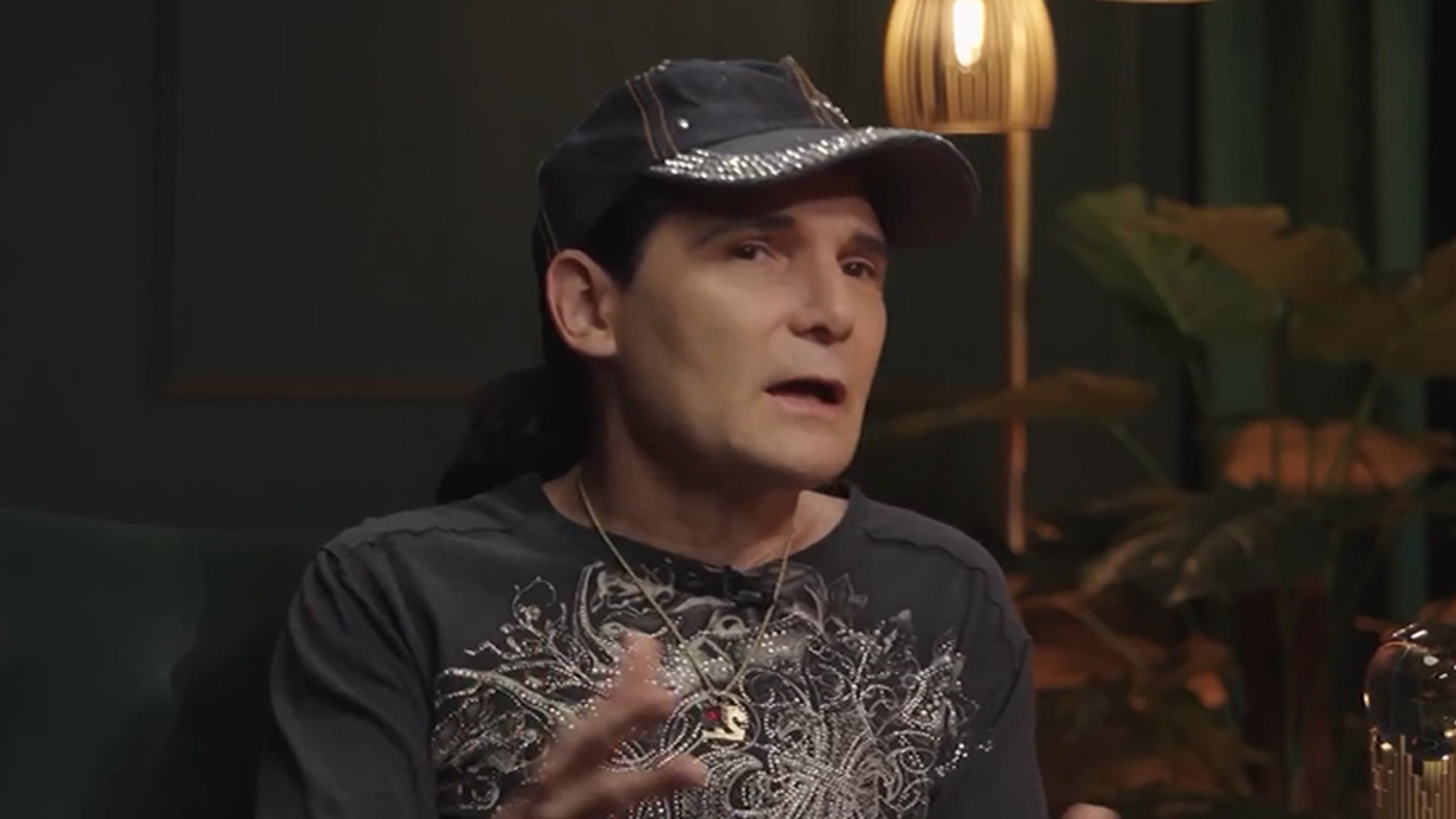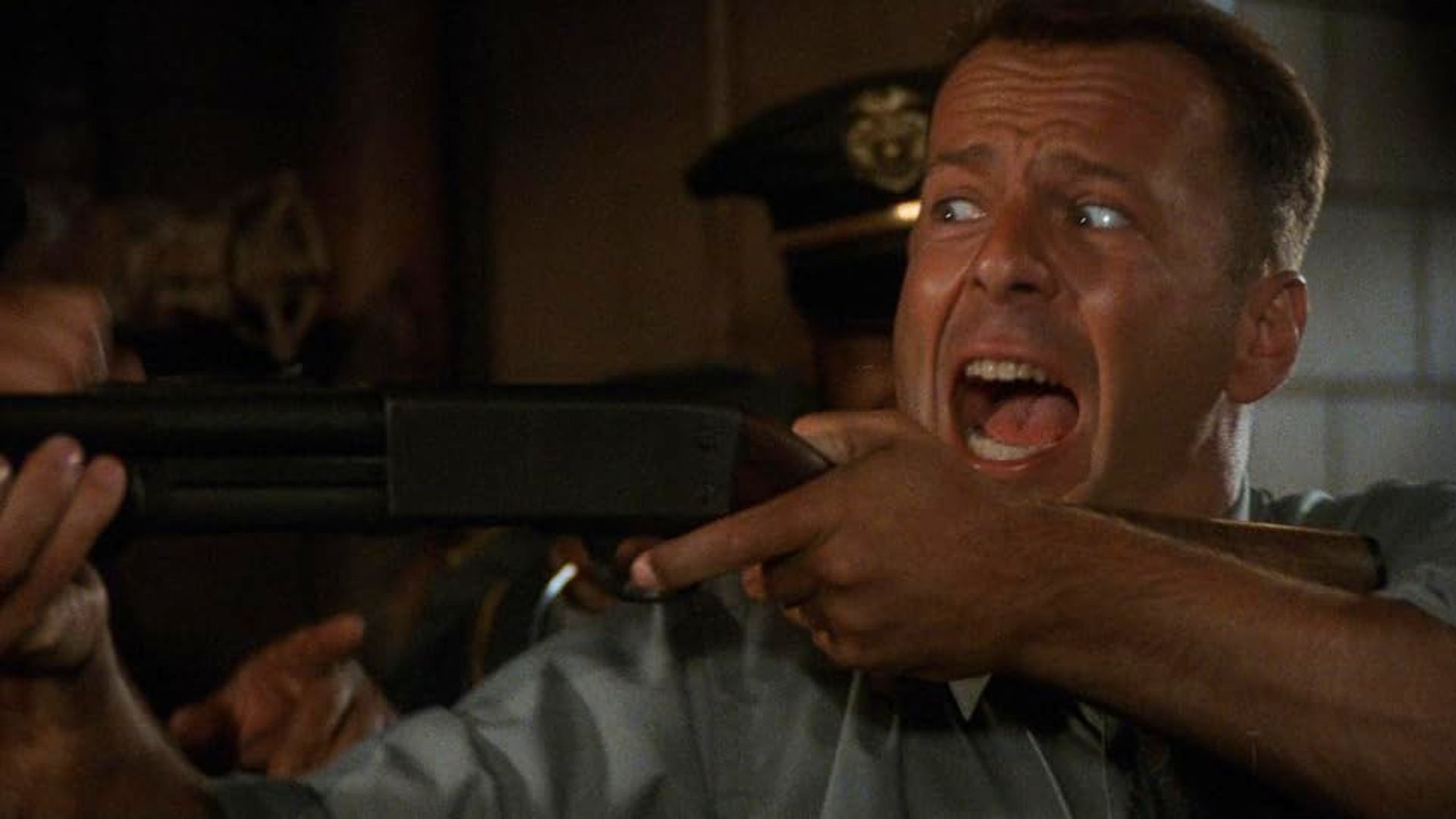After December of 1953, all of that would change forever, almost entirely due to the efforts of a seemingly unassuming man who hit the stage armed with nothing more than a proto-preppy wardrobe, a rolled-up newspaper, and a willingness to challenge the social conventions of the time and the joke-joke-joke nature of comedy. The man was Mort Sahl, who passed away yesterday at the age of 94, and what he did would single-handedly revolutionize American comedy forever. There is perhaps not a single notable comedian to emerge in his wake who has not been influenced by his efforts in one way or another.
He was born Morton Lyon Sahl in Montreal on May 11, 1927, and later relocated with his family to Los Angeles, where his father tried to break into show business as a writer before taking a job as a court reporter for the FBI. When America entered World War II in 1941, the 14-year-old Sahl joined his school’s ROTC program, earning awards for marksmanship and “Americanism,” and dropped out the next year to enlist in the Army, lying about his age to get in—a ruse that fell apart two weeks later when his mother found out and revealed his true age. After high school, he joined the Air Force but soon grew disenchanted with the conformity of service, rebelling by growing a beard and writing articles critical of the military for a local newspaper. After his discharge in 1947, he attended USC, majoring in traffic engineering and city management, but after receiving his degree in 1950, he decided to drop out of the masters program to try to make it as an actor, playwright and comedian.
At first, he had little success—at one point, he and a friend rented their own theater to put on experimental one-act plays but struggled to find an audience—and did odd jobs while continuing to write. He then hit upon the idea of performing his plays as comedic monologues, but this approach attracted little attention at first. Eventually, he convinced the owner of a San Francisco nightclub to let him audition and he earned a regular performing spot. After a few weeks, lines from his act began appearing in the work of influential San Francisco Chronicle columnist Herb Caen. With that seal of approval, audiences began to come out in droves to see what all the fuss was about.
You can view the original article HERE.


















.jpg)









:quality(85):upscale()/2025/03/27/355/n/1922564/200a549867e4fedbb431f6.99392381_.jpg)

:quality(85):upscale()/2025/03/26/639/n/1922564/e1f92baa67e40d467510a8.81927121_.png)